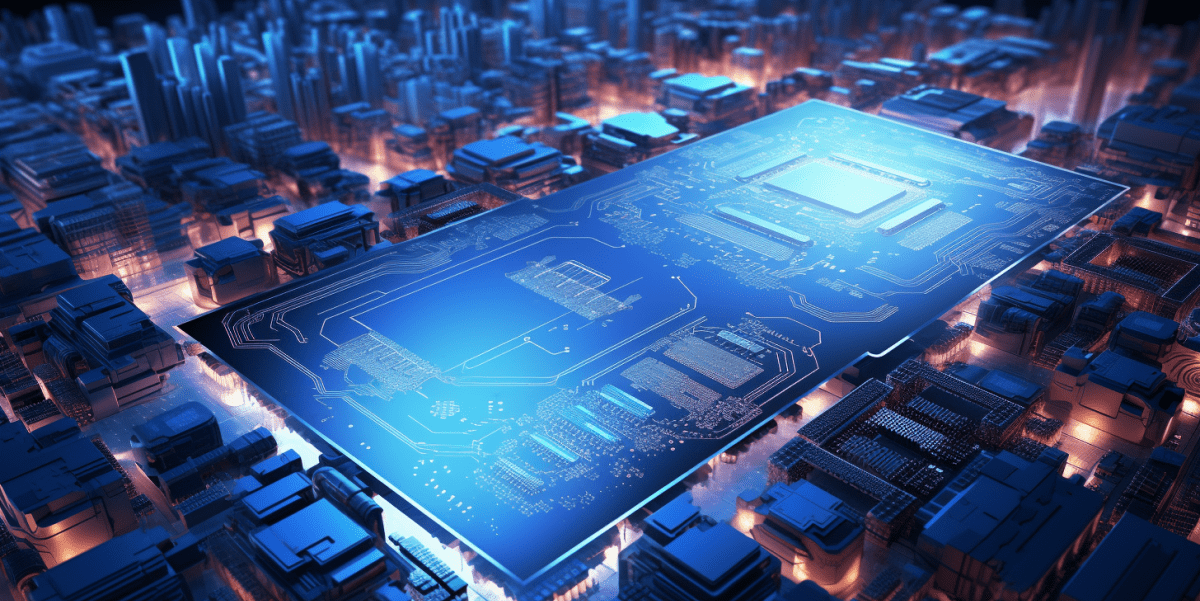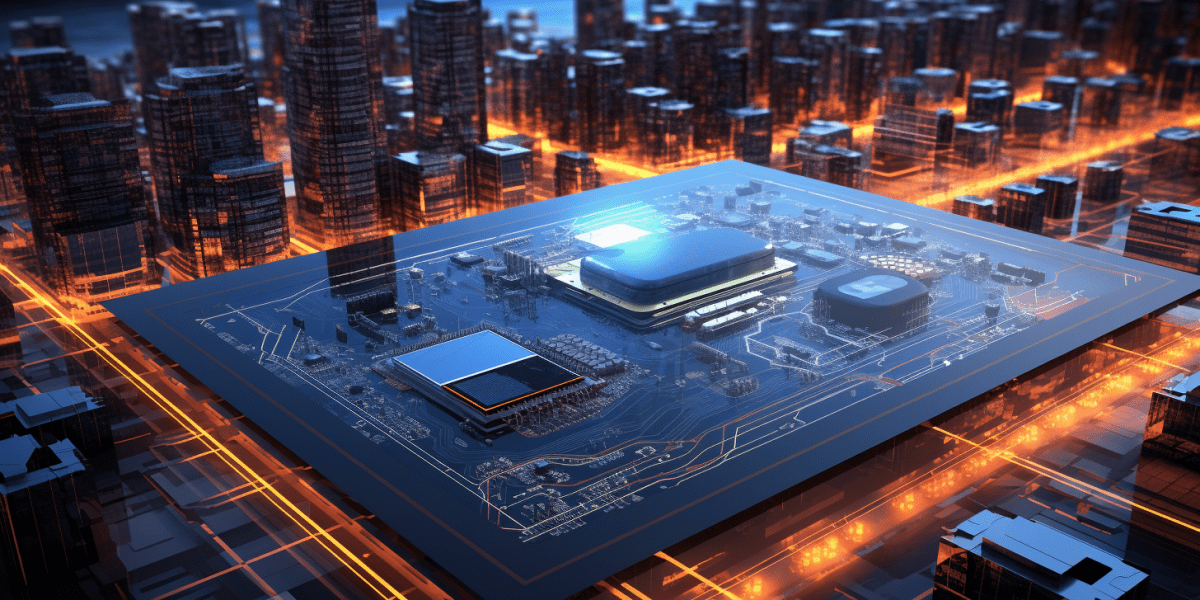Embedded systems engineering has come a long way from the days when engineers were the quiet heroes, armed with logic analysers and soldering irons, building the heart of devices from simple digital watches to complex spacecraft control systems. Today, in an age of interconnected devices, embedded systems engineers are the pioneers of a new epoch, one defined by firmware, software, complex silicon and cloud computing. The focus of engineering has undergone a paradigm shift and it’s crucial for engineers to adapt to these emerging fields or risk being left behind.
Table of Contents
- Cybersecurity: The New Frontier
- AI and ML: Interpreting the Data Noise
- Cloud Technology: Harnessing the Power of Data
- The Importance of Continuous Learning
- The Evolving Role of the Embedded Systems Engineer
- The Future of Embedded Systems Engineering
- A Summary on the Evolving Role of Embedded Systems Engineers
Cybersecurity: The New Frontier
As our world becomes increasingly connected, the threat landscape widens. Cyberspace is no longer a niche realm; it is the new frontier, the battlefield of the 21st century. Engineers now need to consider security as a foundational aspect of their design process. Whether developing a web application or designing a power grid, cybersecurity is no longer optional. Every engineer, regardless of their specialisation, must have a basic understanding of how to secure their work from malicious actors. This understanding includes knowledge of encryption, secure coding practices, and data protection laws.
AI and ML: Interpreting the Data Noise
As AI and ML technologies become increasingly integral to our lives, a familiarity with these fields is rapidly becoming a critical requirement for engineers. Our world is brimming with data, a rich tapestry of information. However, this data is merely noise without the right tools to interpret it. AI is our attempt to replicate human intelligence in machines, while ML is a specific subset of AI that involves teaching machines to learn from and make decisions based on data. Engineers need to understand how to collect, store, and process data in a way that allows AI systems to analyse it effectively. They must also be familiar with the ethical implications of AI and ML, considering issues such as algorithmic bias and the impact of automation on employment.
Cloud Technology: Harnessing the Power of Data
The rise of cloud technology has transformed the way we store and process data. With the power of the cloud, engineers can access vast computational resources on-demand, enabling them to tackle problems of a scale previously unimaginable. However, to harness this power, engineers need to learn about cloud architectures, understand how to design for the cloud, and be able to secure data in the cloud.
The Importance of Continuous Learning
In this rapidly evolving landscape, continuous learning is key. Engineers need to adopt a mindset of lifelong learning, seeking out new skills and knowledge as the field evolves. This might seem daunting, but it is a natural part of the engineering profession. Engineers are problem solvers by nature, driven by curiosity and a desire to make the world a better place. By integrating new skills such as cybersecurity, AI, ML, and cloud technologies into their work, engineers can ensure that they remain at the forefront of technological innovation, driving the evolution of their field rather than simply reacting to it.
The Evolving Role of the Embedded Systems Engineer
The role of the embedded systems engineer is evolving. We’re no longer just constructors of hardware; we are now protectors of data integrity, strategic planners, and visionaries of invisible systems. We are sculpting the unseen underpinnings of the future, where microprocessors are increasingly woven into the fabric of our daily existence. As we progress into this future, it becomes vital that we arm ourselves with the knowledge and skills crucial for navigating this intricate landscape.

The Future of Embedded Systems Engineering
- Increased integration of AI and ML: With the growing importance of data interpretation, AI and ML will become even more integrated into embedded systems engineering. This could lead to more intelligent and autonomous systems capable of learning and adapting to their environments.
- Greater emphasis on cybersecurity: As our world becomes more interconnected, the importance of cybersecurity will only increase. Future embedded systems engineers will need to be well-versed in the latest security technologies and strategies to protect against ever-evolving threats.
- Expansion of cloud technologies: The rise of cloud technology has already transformed the way we store and process data. In the future, we can expect even greater reliance on the cloud, with more systems being designed to operate in and leverage the power of the cloud.
- Development of new programming languages and tools: As the field evolves, new programming languages and tools will be developed to better meet the needs of embedded systems engineers. These tools will likely focus on improving efficiency, security, and the ability to handle complex data.
- Increased focus on ethical considerations: As AI and ML become more prevalent, ethical considerations will become increasingly important. Future engineers will need to consider issues such as algorithmic bias, data privacy, and the impact of automation on employment.
- Continued importance of lifelong learning: With the rapid pace of technological change, continuous learning will remain a key aspect of the engineering profession. Future engineers will need to stay up-to-date with the latest developments and trends in their field to remain relevant and effective.
A Summary on the Evolving Role of Embedded Systems Engineers
The engineering profession is not standing still; it is evolving, growing, and shifting. As engineers, we must do the same. After all, as the great engineer Henry Petroski once said, “Engineering is not merely knowing and being knowledgeable, like a walking encyclopedia; engineering is not merely analysis; engineering is not merely the possession of the capacity to get elegant solutions to non-existent engineering problems; engineering is practicing the art of the organised forcing of technological change… Engineers operate at the interface of science and society.” It’s time for us to push that interface forward and embrace the future.





